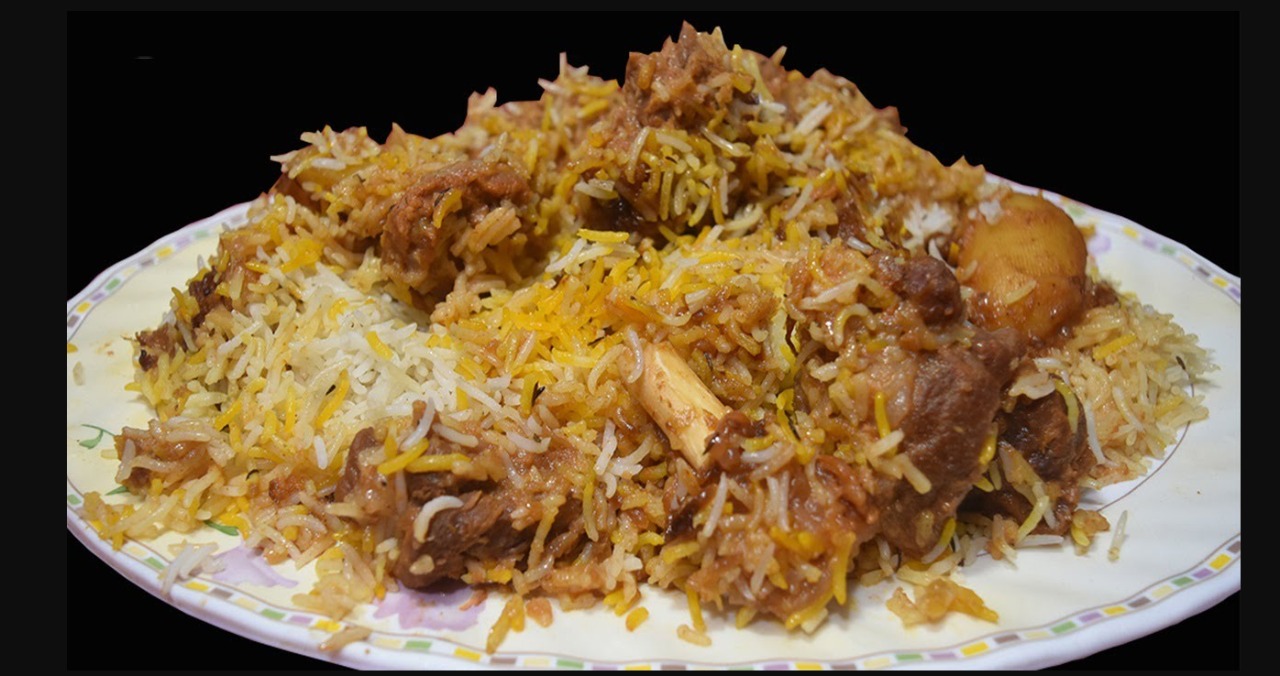Still popular since the Mughal period
Is it hard to discover people who don’t enjoy biryani? When the name Kachchi or Tehri of old Dhaka is mentioned, you feel a pang of lust. The tongue is like a water hose. Many other countries have a similar image of us. Everywhere in India, from the Mughal Empire four hundred years ago to the present day. The appeal of biryani isn’t that great. Indians, who speak a variety of languages, castes, tribes, ethnicities, and religions, appear to be able to sit at the same table. There’s cricket, and then there’s biryani.
The Mughals spread the taste of biryani among the people wherever they went in India. So it has again got a new dimension in the hands of the locals. And that’s why there is so much variety of biryani from Dhaka in the east to Peshawar in the west!
Kachchi Biryani is a very popular biryani. Although Kachhibiriani originates in Central Asia, it is a popular food in South Asian countries, especially in India, Bangladesh, Pakistan, etc. It is a special kind of food cooked by mixing fragrant rice, ghee/oil, hot spices and raw meat. It spread through the Muslims of the Indian subcontinent.
Naming History:
Kachchi in Kachchi biryani is derived from the Urdu word Kachchi, which in Bengali means “raw.” Because the meat is cooked alongside fragrant rice, this dish is known as Kachchi. The same name exists in Hindi and Urdu as well. Kachhibiryani is prepared with rice, mashed tofu, and mashed potatoes.
Origin:
Kachchibiriani came from countries in Central Asia. In Tajikistan and Uzbekistan, people like to eat red meat (Khasi or mutton). People in this cold area began to introduce Kachchi with this red meat. They would make a meal with rice, butter, salt, black pepper, cardamom, and nutmeg, which was a local spice. This dish was likely first made when Samarkand was ruled by Timur, near the end of his rule.
In 1610, when Mughal subedars and other high-ranking officials came to Dhaka to run the government, they brought Kachchi Biryani with them.
Most of them came from Lucknow in present-day India, and they brought with them personal cooks. Although many subedars later migrated from Dhaka, some cooks remained in Dhaka and established their own shops on a small scale, enriching the tradition of Mughlai food and entertainment by keeping the raw biryani food alive in Dhaka. It gradually became popular alongside the local cuisine of Dhaka. It created a unique flavour, winning the hearts of the common people and gradually becoming a regular part of their food list.
Recipe:
1 kg meat- (Khasi), salt- to taste, one and a half tablespoon ginger paste and garlic paste, half cup tokadai, jordar colour or saffron (as desired), half teaspoon cinnamon powder, half teaspoon cardamom powder, 3/4 Cloves, one pinch of jaggery, 1/6 teaspoon cumin powder, whole cinnamon two pieces, 1 teaspoon sugar, half teaspoon black pepper powder, pistachio nuts – 1 handful, 3 bay leaves, potato (cut into 4 pieces) – 2 T, Onion Beretta- Quantity, Polaway (Tulshimala Rice, Kalijira Rice, Sugarcane Rice etc.) Rice- Half a kg (Basmati is better), Salt- Quantity
Method:
Before cooking the meat, wash it well and soak it in salt water. The meat will soften and boil easily after being salted for a few hours. Then rinse and cook. Then mix cinnamon and cardamom powder in yoghurt, Jordan colour and mix well with yoghurt meat.
Then mix the meat well with other spices, including Jayatri, black pepper, and ginger-garlic paste. Boil the rice separately in water. Peel the onion and fry it with the potato pieces. Then pour the seasoned meat into the cooking pot and arrange. Sprinkle fried potatoes and onions on it.
Now spread the boiled rice evenly on the meat. Put the pot in the oven and cover the mouth of the pot with a lid and cover with flour so that the feeling does not go out. Raw biryani will be ready in three to four hours. Then open the lid of the mouth and shake it lightly once or twice with a fork and mix the rice with the meat. Stir lightly; otherwise, the rice will break. When ready, serve ‘Kachchi Biryani.’

